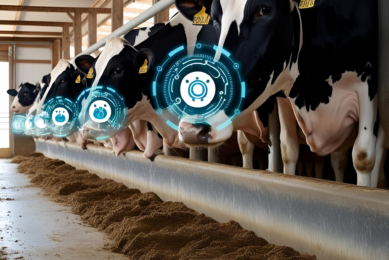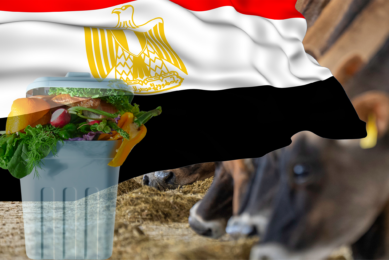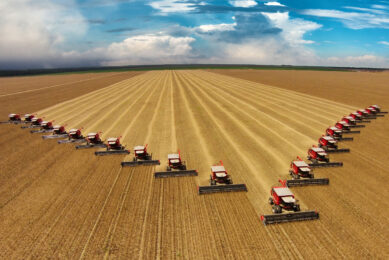EUDR delay: Using the time wisely

The decision to postpone implementing the European Union Deforestation-free Regulation (EUDR) created uncertainty in our industry. While a 12-month delay is almost certain*, it now looks like major changes are unlikely.
Is this delay a curse or a blessing for the industry? Depending on how ready you were, it could be either. But whether you are well-ahead or just hearing about EUDR for the first time, it’s crucial to approach this delay with a strategic mindset.
The current state of EUDR
EUDR’s substance will almost certainly not change; traders and operators importing or exporting products like soy and palm oil into the EU must provide a Due Diligence statement for every batch, detailing the exact origin of products, declaring that it has not contributed to deforestation or forest degradation, and with negligible risk of non-compliance.
What is expected to change is the implementation deadline; large operators will have until 30 December 2025, and small and medium enterprises until 30 June 2026. The delay presents an opportunity to implement the comprehensive traceability and verification systems that are crucial for ensuring compliance.
If companies want to keep their license to operate in future, they should begin compliance efforts now.
Embrace sustainability
But a risk-averse approach is not what we would recommend. This is a chance to go beyond the very basic EUDR requirements, incorporate broader sustainability practices, and make sustainability part of your business model and value proposition. Some of the most forward-thinking companies in our sector are doing this, and they will out-compete those who do not.
This is why companies are looking for solutions beyond just compliance – because they anticipate further regulations, requirements and expectations. The good news is that companies do not have to do this alone. Just like with safety, we want to create a more level playing field through facilitation, expertise and collaboration. Alongside the existing support on offer, GMP+ International is looking at how we can support the industry with EUDR compliance and beyond.
What should I be doing?
We recommend three things feed companies should use this time for:
- Approach it holistically. Every company is responsible for operating ethically and within planetary boundaries, and legislation is catching up. While EUDR covers just a few commodities, more may come in future, and it is linked to a wide spread of sustainability requirements and legislative frameworks such as CSRD and CSDDD. So do not think of EUDR as an end-point – it’s just the beginning.
- Develop your organisational capability. Embedding sustainability into your operations and decision-making processes requires knowledge, skill, resources and attention. Build your team and invest in the function.
- Do not wait. One year is a short time to implement the EUDR requirements, so start your preparations. Our partners at the Collaborative Soy Initiative have produced excellent guidance to get you started.
This delay is an opportunity to build a more sustainable and responsible feed industry. Let’s not waste it.
* The European Parliament has agreed on the proposal to postpone the application of the EUDR by 12 months. On December 23, 2024, the regulation on deforestation and forest degradation has been published in the EU Official Journal which marks the final step in the legislative procedure and can enter in force.











